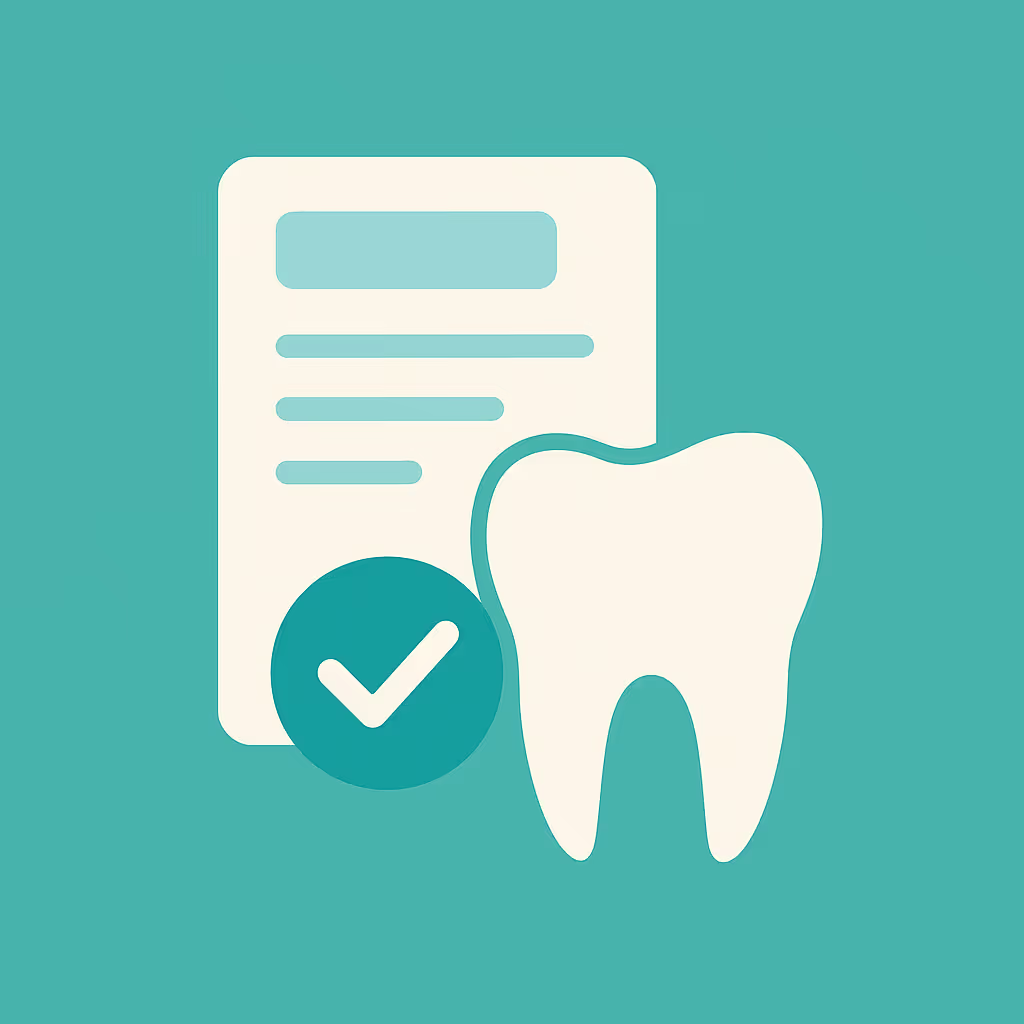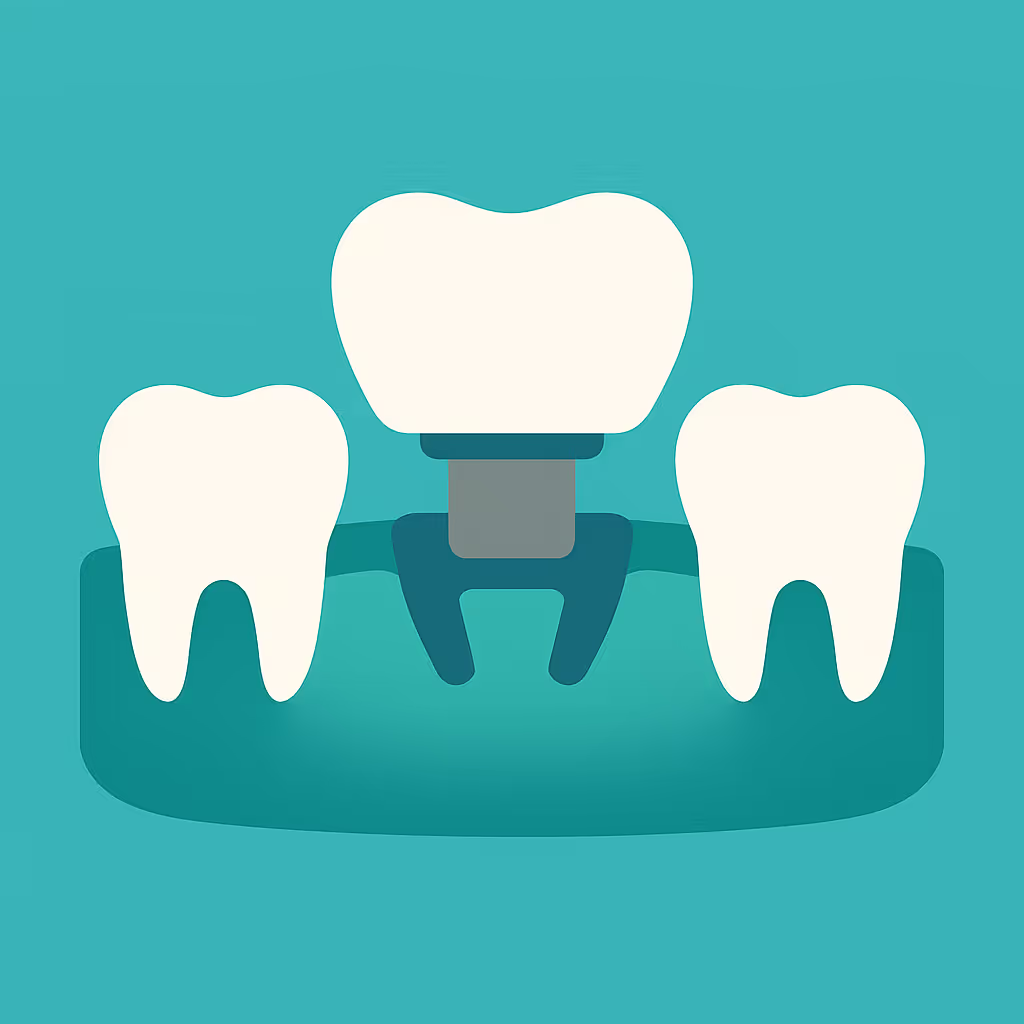Understanding Dental Code D5953
When to Use D5953 dental code
The D5953 dental code is designated for the fabrication and delivery of a speech aid prosthesis for adult patients. This CDT code is specifically used when a prosthesis is required to assist with speech due to anatomical or acquired defects, such as after maxillofacial surgery, trauma, or congenital conditions affecting the palate. It is not intended for routine dentures or partials, but rather for specialized appliances that restore or improve speech function. Dental teams should use D5953 when the clinical need is clearly related to speech impairment and when other prosthetic codes (such as complete dentures or partial dentures) do not apply.
Documentation and Clinical Scenarios
Accurate documentation is essential for successful billing and reimbursement of D5953. Best practices include:
- Detailed clinical notes describing the patient’s speech impairment and the underlying cause (e.g., surgical resection, cleft palate).
- Diagnostic records, such as intraoral photos, radiographs, and speech pathology reports, supporting the medical necessity for the prosthesis.
- Clear description of the prosthesis design, materials used, and how it addresses the patient’s functional needs.
- Pre- and post-treatment evaluations documenting improvement in speech function.
Common scenarios include adults with acquired palatal defects, post-surgical maxillectomy patients, or those with congenital palatal insufficiency. In each case, the documentation should clearly connect the prosthesis to the patient’s speech improvement goals.
Insurance Billing Tips
Billing for D5953 requires careful preparation to maximize reimbursement and minimize denials:
- Verify benefits: Before treatment, contact the patient’s dental and medical insurance carriers to determine coverage for speech aid prostheses. Some plans may require preauthorization or consider the appliance under medical benefits.
- Submit supporting documentation: Always include clinical notes, diagnostic images, and letters of medical necessity with your claim. This helps justify the need for the prosthesis and expedites claim processing.
- Use correct CDT code: Ensure D5953 is used only for adult speech aid prostheses. For pediatric cases, refer to the appropriate code and guidelines.
- Appeal denials: If a claim is denied, review the Explanation of Benefits (EOB) for the reason, gather additional supporting evidence, and submit a timely appeal with detailed justification.
Successful dental offices often create standardized templates for documentation and appeals, streamlining the process and improving approval rates.
Example Case for D5953
Case Study: A 45-year-old patient presents after partial maxillectomy due to oral cancer. The patient experiences significant speech impairment. The dental team documents the surgical history, performs a comprehensive evaluation, and collaborates with a speech pathologist. A custom speech aid prosthesis is fabricated and delivered, resulting in marked improvement in speech clarity. The claim is submitted with D5953, including all supporting documentation and a letter of medical necessity. The insurance carrier approves the claim after initial review, and the practice receives full reimbursement.
This example highlights the importance of thorough documentation, interdisciplinary collaboration, and proactive insurance communication when billing for D5953.





